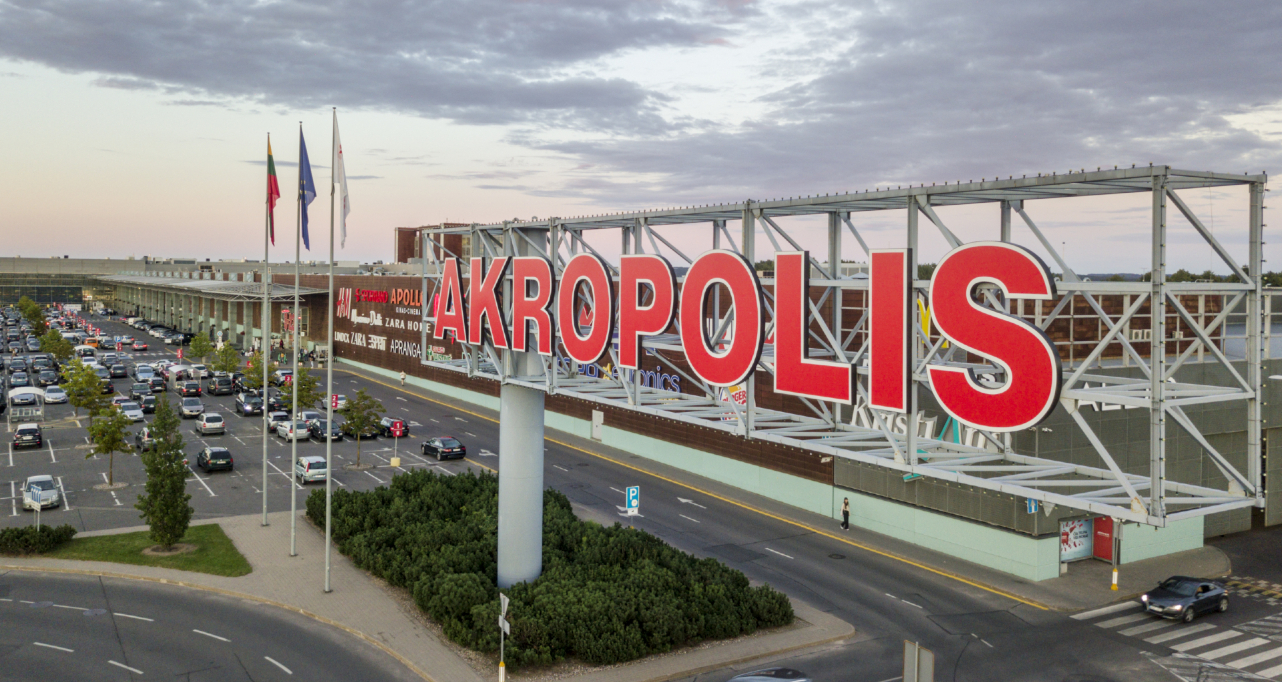Türkiye has launched the Türkiye Industrial Decarbonisation Investment Platform (TIDIP) in Ankara; in a significant step towards achieving the country’s net-zero ambitions. The initiative is spearheaded by the European Bank for Reconstruction and Development (EBRD).
The TIDIP aims to deploy $5 billion in investments by 2030, resulting in the reduction of more than 20 million tonnes of carbon emissions annually.
Recognising the required scale of climate finance mobilisation, the EBRD is partnering with the World Bank Group and International Finance Corporation, to help deliver on the TIDIP ambition.
The platform, heralded as the world’s largest industrial decarbonisation programme to date, draws on the low-carbon pathway (LCP) concept. Türkiye’s LCPs – which were developed by the EBRD and the Ministry of Industry and Technology and will be implemented with the Bank’s support – aim to decarbonise the country’s steel, aluminium, cement and fertiliser sectors and create roadmaps spanning critical technologies, financing and policy measures to bring about sustainable decarbonisation. Created following extensive stakeholder engagement, the LCPs aim to facilitate impactful investment pipelines for private- and public-sector involvement.
The TIDIP will be expanded to include sectors such as glass, ceramics and chemicals as related LCPs are developed. The Bank will leverage lessons learned from previous EBRD-supported NWFE-EP and North Macedonia JETIP, in delivering on the flagship industry-focussed country platform in Türkiye.
The platform approach brings together diverse but integrated solutions from a broader economic perspective and enables consensus among stakeholders, from policymakers to project developers, to finance providers on joint action on green investments.
With the European Union’s Carbon Border Adjustment Mechanism set to come into fuller effect, Turkish exporters face higher costs, as nearly half of all Turkish exports go to the EU. Decarbonising a carbon-heavy industry remains a must if Turkish companies are to increase their competitiveness, attract investment and manage costs.
EBRD President Odile Renaud-Basso, who attended the launch event, emphasised the importance of country-led approaches to advancing climate ambitions, saying: “The efforts of the private sector, financial institutions and multilateral development banks (MDBs) such as ours cannot fully succeed without robust national leadership. Uniting public and private entities –guided by leadership at the country level – accelerates progress and amplifies impact towards climate goals. We are proud to play a leading role in this platform and extend our gratitude to the Turkish authorities for their pivotal leadership in making it a reality.”
The platform can also create market visibility for key technological solutions, provide guidance on regulatory frameworks and help companies integrate climate and sustainability into their decision-making processes.







